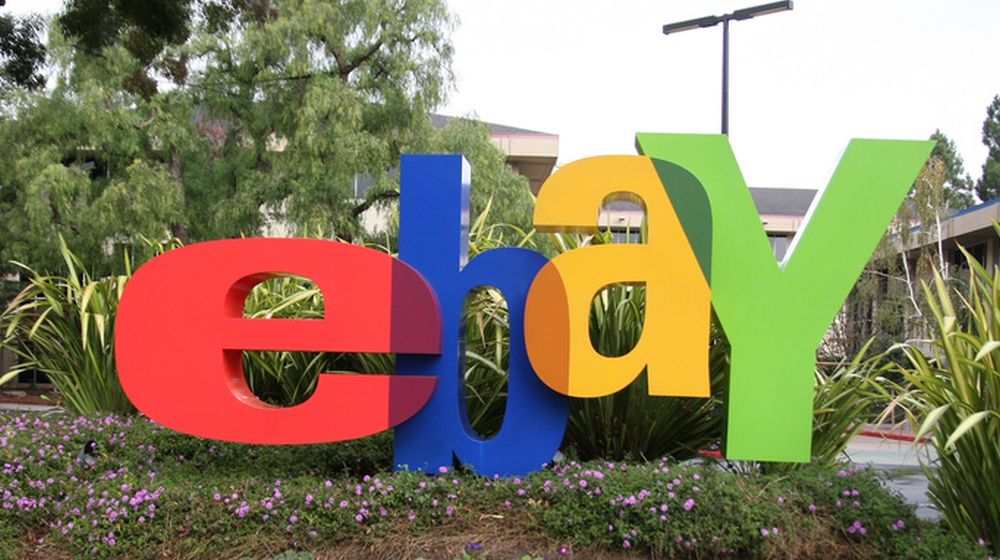Using these words will make your eBay items sell for more, apparently
Researchers reckon they've found the highest and lowest value keywords

Selling something on eBay? You might want to give a bit more consideration to the language you're using.
Researchers at Birmingham City University examined over 68,000 items being sold on the UK eBay site and discovered that the words you use can affect how much money you make.
For example, fragrances that are described as "genuine" sell for an average of £21 while "authentic" ones fetch £34. A watch described as having "resistance" can apparently expect to sell for 50% more than a "resistant" watch, despite the difference in wording being very slight.
The study examined more than 15 million words, which were analysed using WebCorp software. Product listings were downloaded from the site over a 70 day period before being put through the WebCorp system.
Some of the findings are more understandable than others. The researchers note that "on-ear" headphones sell for nearly three times as much as "in-ear", which doesn't seem surprising at all to us considering these are two different types of product (and on-ears do tend to be more expensive).
But others discoveries are definitely useful to know if you're an eBay seller. Using the word "seats" when selling a car tends to be more lucrative than the word "seat" or "seater", while DVD sellers are better off using the word "seasons" over "series".
Low value terms
Obviously, words like "insufficient" and "defects" fall under the 'low value terms', while the trend of words like "Apple" and "Retina" being better sellers will probably be more to do with the value of the products themselves. Grammatical errors are also a big no-no.
Sign up for breaking news, reviews, opinion, top tech deals, and more.
The flip side of this is that the researchers could pick out trends among different types of sellers. They found antique sellers were most likely to write more personally than sellers in other categories, using words like "I", "me" and "my".
Meanwhile car sellers tend to use the term "second-hand" less than others, opting for words like "reliable", "honest", "clean" and "reluctant" instead.
Andrew Kehoe, one of the project researchers, said: "The term 'second-hand' seems to have a stigma attached when it comes to cars, but people will happily use it to sell smaller items like books or DVDs. We've found that the language used in eBay descriptions really does have an impact on whether items sell and for how much."

Hugh Langley is the ex-News Editor of TechRadar. He had written for many magazines and websites including Business Insider, The Telegraph, IGN, Gizmodo, Entrepreneur Magazine, WIRED (UK), TrustedReviews, Business Insider Australia, Business Insider India, Business Insider Singapore, Wareable, The Ambient and more.
Hugh is now a correspondent at Business Insider covering Google and Alphabet, and has the unfortunate distinction of accidentally linking the TechRadar homepage to a rival publication.